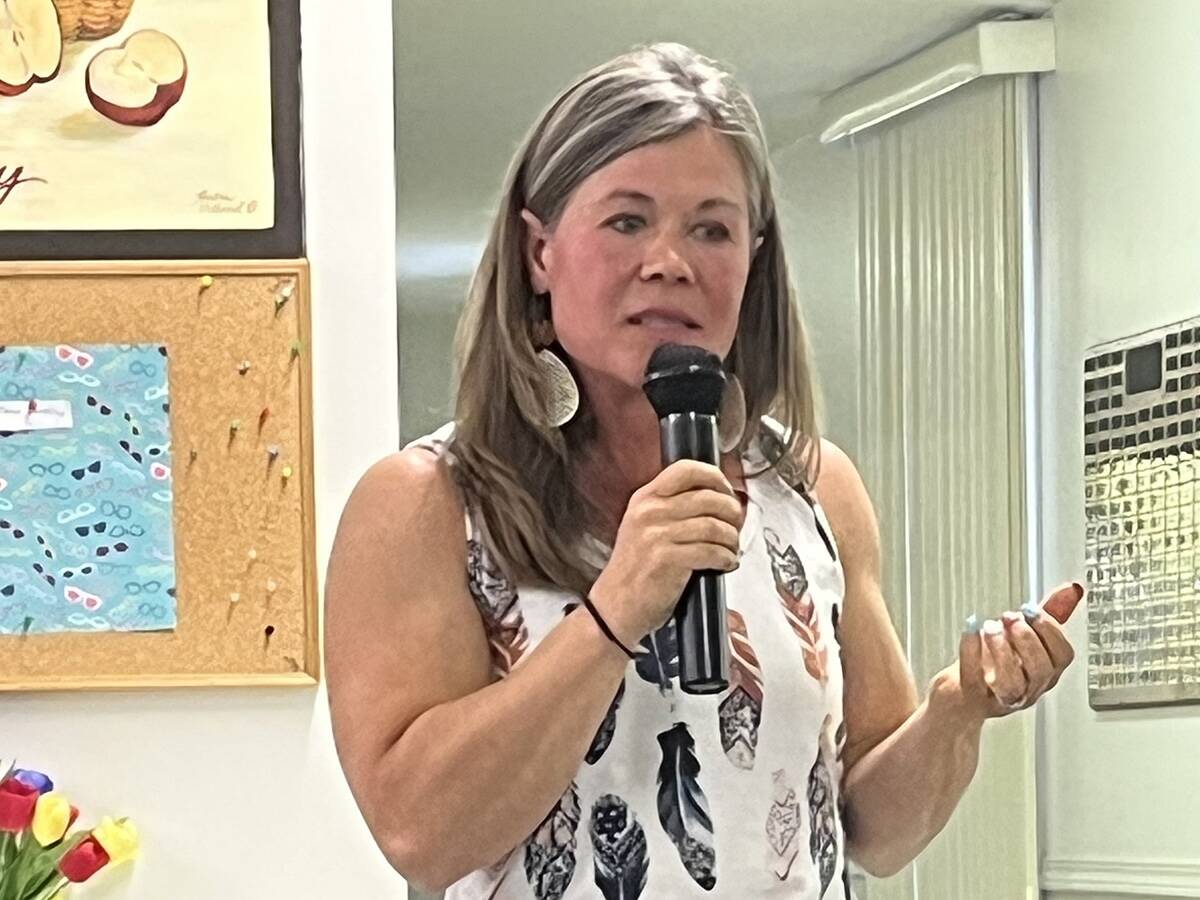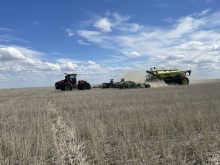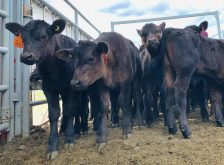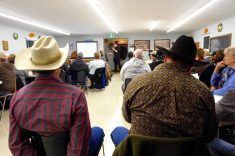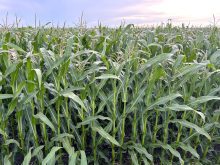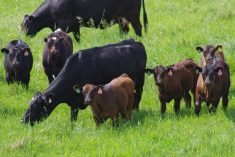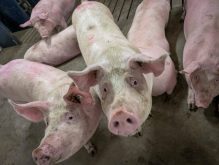The Oldman Lease Holders Association has been revived in southern Alberta over continued concerns that thousands of acres of native grasslands held by the Municipal District of Taber will be converted into irrigated cropland, taking away the land from ranchers who have stewarded it for generations.
The association recently organized meetings in Vauxhall, Enchant, Hays, Grassy Lake and Taber to contest the MD’s proposed Bylaw 2022, which would authorize borrowing up to $6 million to convert 23 quarters to irrigated cultivated land, directly affecting the Vauxhall Stock Grazing Association.
“We have 25 members, so in effect, it reduces the amount of cattle that each member can graze on the association. It’s not just that impact; then you have (fewer) calves in the area for the feedlots,” Daryl Johnson, vice-president of the Vauxhall gazing association, said in an interview before the Sept. 9 meeting in Vauxhall.
Read Also
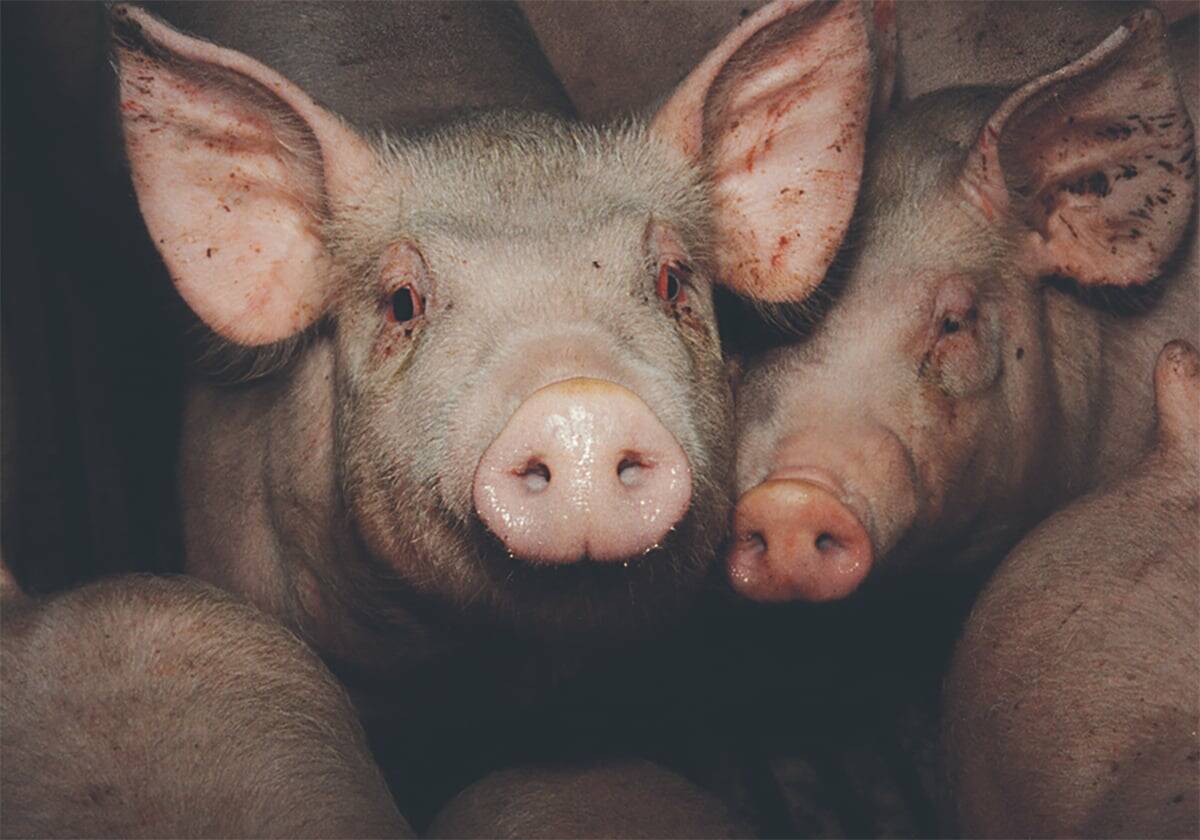
Scientists discover cause of pig ear necrosis
After years of research, a University of Saskatchewan research team has discovered new information about pig ear necrosis and how to control it.
“Then what stops the next project after this project? It can continue to snowball, and these grasslands will continue to be ate up. It’s a slippery slope once you go down that path. The MD says it’s a small portion of their total grass, but … they have a bylaw, a prairie conservation bylaw that protects native grasslands, and then all of a sudden they’re telling us that we can end your lease, and we can take your grass and do what we want with it. “
Johnson said when the municipal district received the tax-recovery lands from the province, it was with the understanding that the grasslands would be protected and not broken, and if sold, provisions would be put in place.
Existing leases are expiring from February 2026 through to 2027.
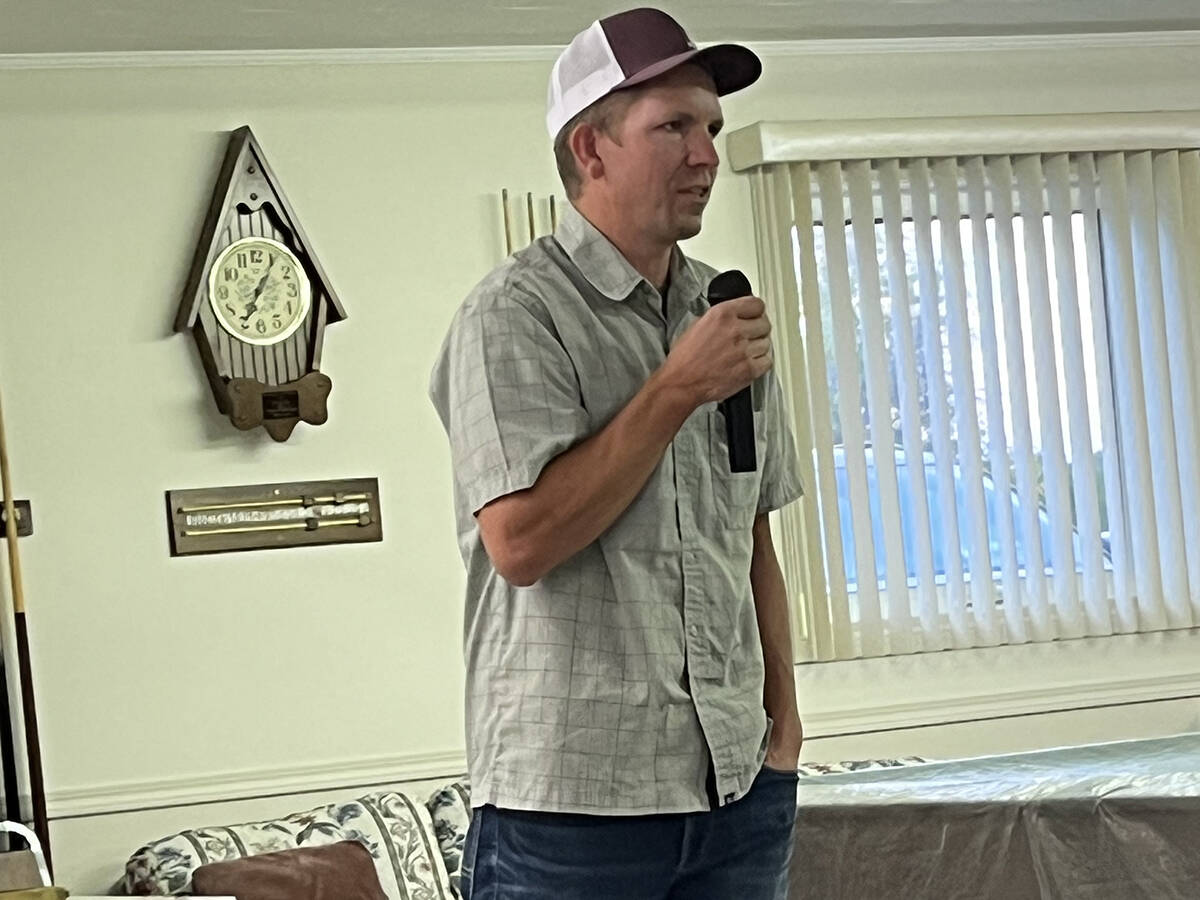
The Vaxhaul grazing assocation has learned that six sections of its lease on the affected land will not be renewed.
The issue has been contentious in recent months. Delegations have attened council meetings and packed-room information sessions in anticipation of changes to cultivated and grazing leases once they expire.
“The MD linear has depreciated. I get calls daily that our roads are in terrible shape. We have infrastructure in our hamlets that need to improve. People are pushing for recreation, so it wasn’t lost that we’ve been looking for an alternative source of revenue. Currently, that land does not generate many dollars,” said MD reeve Tamara Miyanaga, who was on hand along with a handful of councillors to hear lease holders’ concerns at the Oldman Lease Holders Association meeting.
“This seemed like a responsible and reasonable way to generate (rental) revenue, to improve everyone’s roads, everyone’s recreation, and there’s a demand . We were getting calls at the MD regularly to have access to land to irrigate, and so the (Bow River Irrigation District) came to us with this project.”
The municipal district has endorsed an initiative that would see 3,100 acres of municipally owned land near Scope Reservoir converted to irrigated cropland.
The irrigation district has hoped to add additional irrigation downstream of Scope Reservoir to improve water use efficiency because the area irrigated downstream of the reservoir is too small to use all the water that enters the reservoir, causing spill over.
The MD said on its website that there are 69,280 acres of municipally owned and 160,800 acres of crown-owned land that are accessible for ranching and grazing operations within the municipality.
Kim Davis, part of a four-generation farming family that pre-dated tax-recovery land in 1918 and who helped chair the Vauxhall meeting, said that besides concerns about transparency involving the borrowing bylaw, there are also worries about the ecological ramifications and an interest in exploring other forms of revenue generation available to the MD.
“We have had assessments. We have found endangered species on the land, species at risk. This is unbroken land and you have to understand there’s not a lot of that left in the area. There’s no dollar value assigned to it, you can’t generate revenue off it, but it is valuable,” said Davis.
“It is valuable because we do value our wildlife. When they disappear, you can’t get it back.”
Davis also said the precedent set by the agreement with the BRID is worrisome. A land sale can be facilitated with a year’s notice or to grant a lease to a third party for an alternative use with 30-days written notice.
“We have to remember that a lease doesn’t matter if your land is taken from you in 30 days in the contract with the term that this can be taken back. So, if you have a native grass pasture and you’re grazing cattle, and you get notice that BRID is coming in with projects, you’re going to be in the same situation as Vauxhall stock grazing.”
Davis said the minutes of MD council meetings show there was little public information about the project leading up to the decision, with the Vauxhall grazing association learning about it only when soil samples and elevation testing were conducted on the section in question.
The Oldman Land Holders Assocation was hoping to gather enough resident signatures (approximately 800) on a petition before Sept. 24 to halt second and third readings of the bylaw to slow down the process so that locals can learn about the environmental and financial implications of the project and put it to a public vote.

